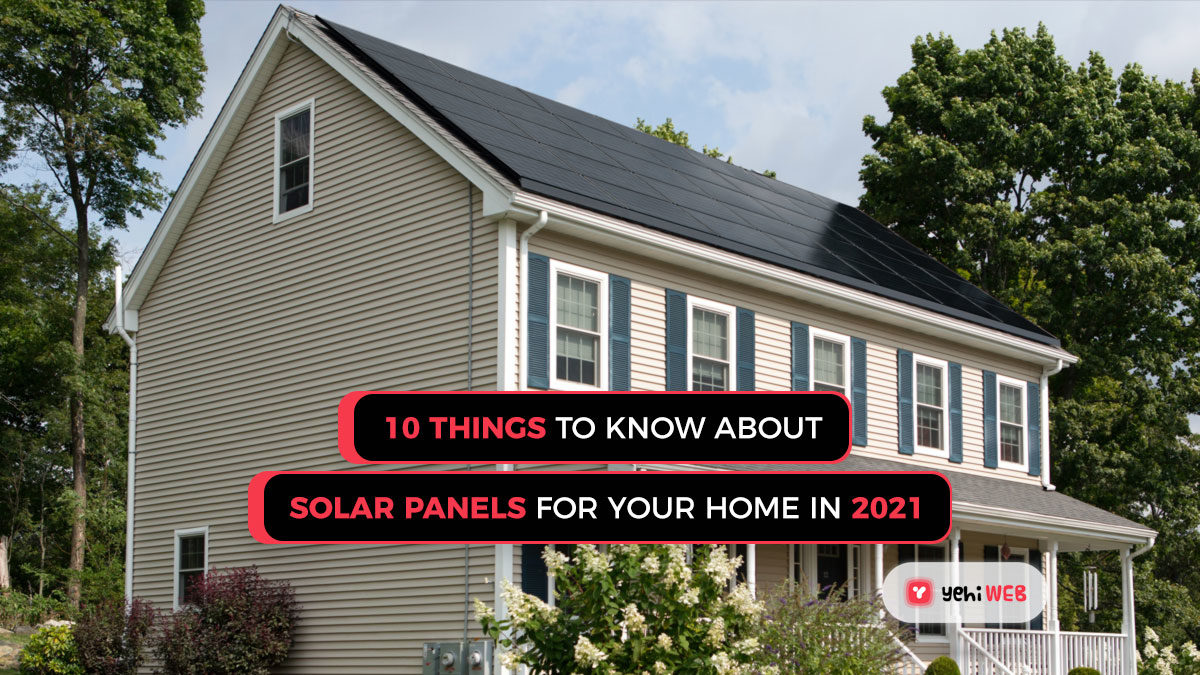Residential solar panels: all you need to know about solar panels for your home
Solar panels for home use have become increasingly popular over the last decade. As a result of national carbon reduction targets in the face of global climate change, households and industries around the country are transitioning away from fossil-fueled power grids and into clean energy.
Rooftop solar panel systems for homes are exploding in popularity during this time of energy reform. It is beyond time to give solar power in homes the credit it deserves. In our list of home solar FAQs, you can find everything you need to know about the thriving residential solar industry.
In 10 questions, you will know everything you need to know about home solar panel systems.
1. How much has the cost of rooftop solar decreased in recent years?
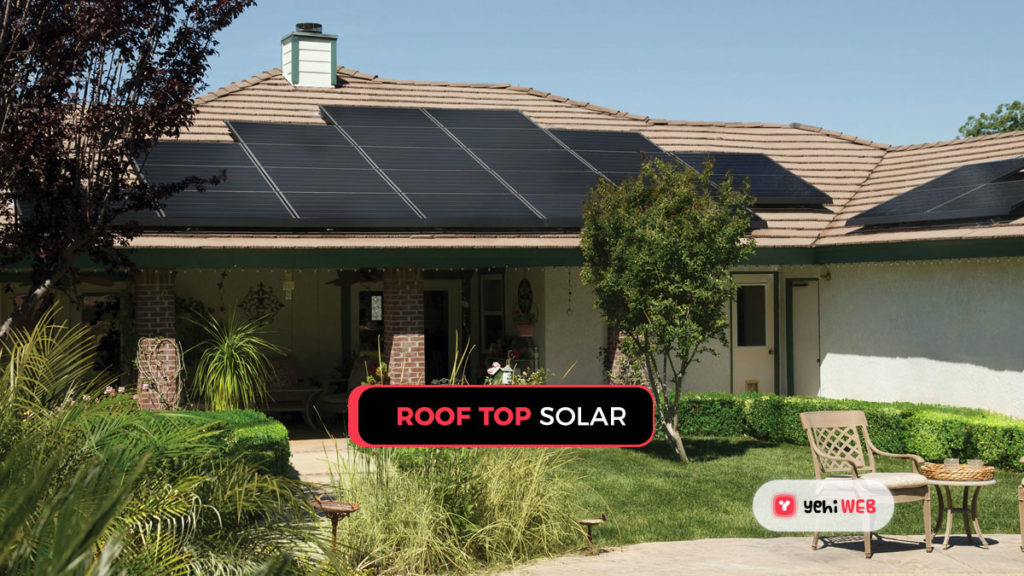
If you are looking for some optimistic statistics, the cost of solar energy over the last decade is an excellent place to start. In the previous ten years, the cost of solar installation in the United States has decreased by about 82%. Solar has unquestionably progressed from a cleantech commodity to a practical home improvement that millions of Americans consider. One of the most cost-effective investments you can make today is installing a solar panel system on your roof.
2. How does solar for home use differ from solar for business?
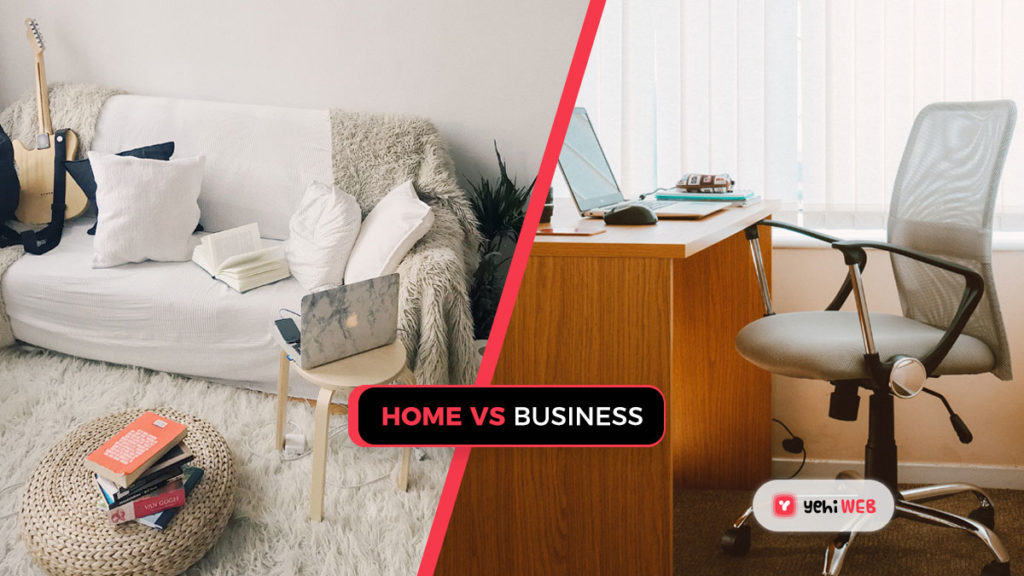
A commercial solar project may power the operations of a city or a corporation. As a consequence, their size and expense differ drastically. Residential solar systems tend to be consistent in scale by contrast (between 6 and 12 kilowatts on average). Thanks to its comparatively small size, home solar panels on the rooftop will produce substantial energy savings for homeowners at any level of income. On the other hand, commercial solar needs a considerable commitment and a joint investment party.
3. What is the average cost of a solar panel system for a home?
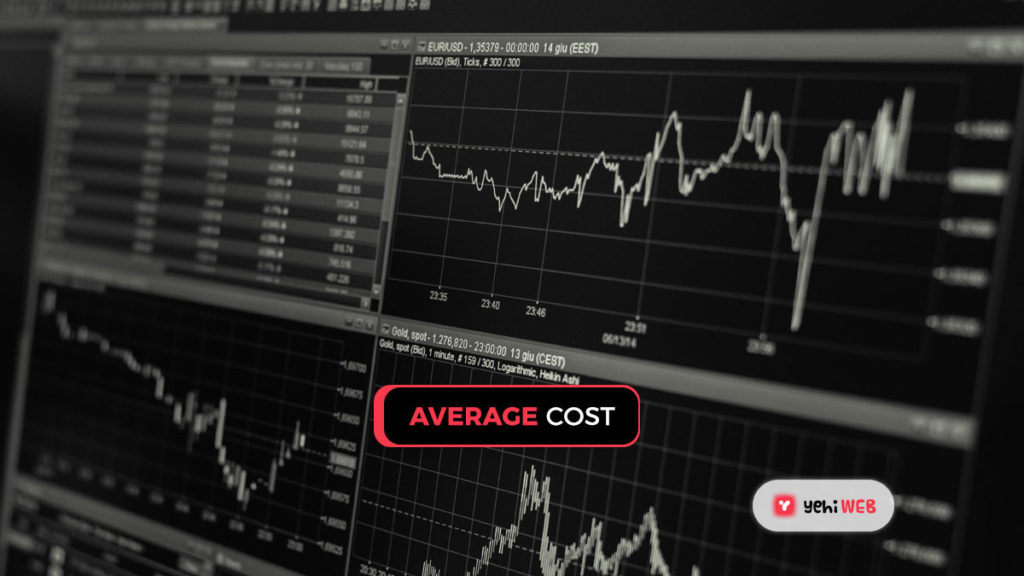
The answers are dependent on the state and the size of the system. However, there is available information that will assist you in estimating the cost of solar panels. The most straightforward way to measure solar energy costs across various system sizes is in dollars per watt ($/W), which shows how much solar would cost per watt of usable electricity production. Homeowners will spend an average of $2.81 a week in 2021. To put the number into perspective, the average cost of solar in 2008 was just over $8/W. A price of $2.81/W for a typical 6kW system means you can spend about $16,860 before tax credits and rebates.
4. Will my solar panels be able to connect to the power grid? And how does net metering work?
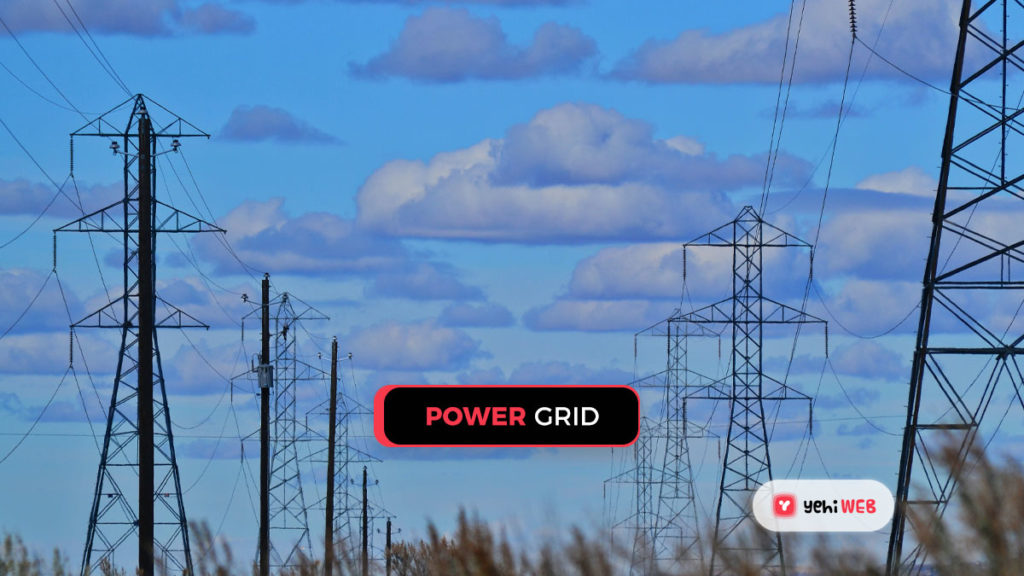
The vast majority of residential solar installations can be grid-connected. Net-metering is a cost-effective way to answer the question, “How will I power my solar home at night?” with grid-connected solar. Net metering is a renewable incentive that allows you to earn bill credits if your solar panel generates more energy than it consumes. You will use those bill credits to offset the expense of your grid power use when your panels are not generating enough energy.
You would not be able to get electricity from the utility while you are off the grid. This ensures that if you want to create an entirely off-grid project, you need energy storage, an extensive solar panel system, and backup power to keep you going when your panels do not get enough sun.
5. How long would it take to install a residential rooftop solar system?
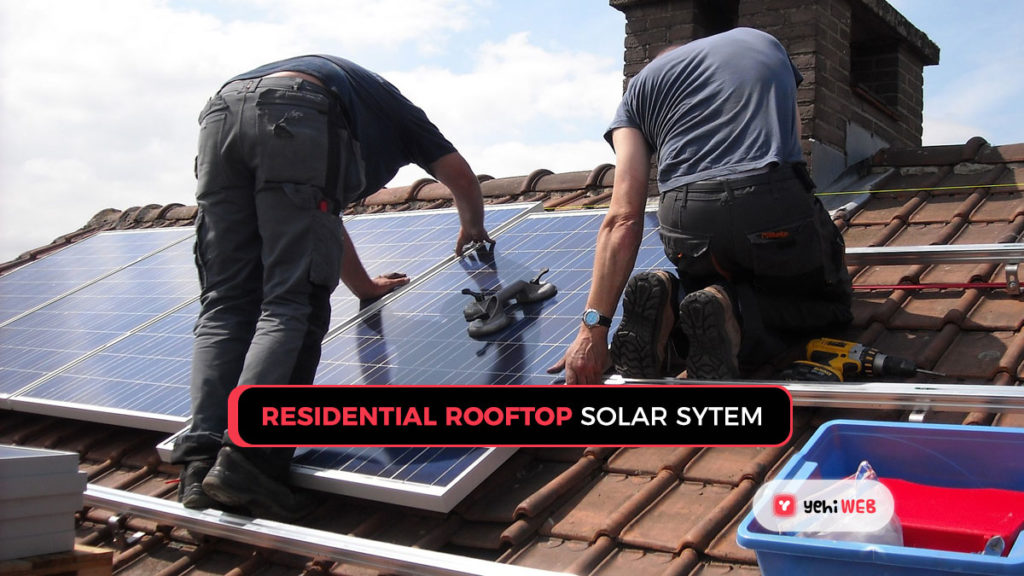
The final installation of your home solar system will only take a few days of work after you have met with the installers and completed all required site visits and preparation. A variety of variables determines the precise time. For example, if you are installing net metering, the procedure can take longer before the panels are fully wired to the grid. Overall, although the decision-making process for solar panels can be lengthy, the installation process is short and straightforward.
6. Is it possible to have a solar panel system for your home if your roof does not meet the requirements?
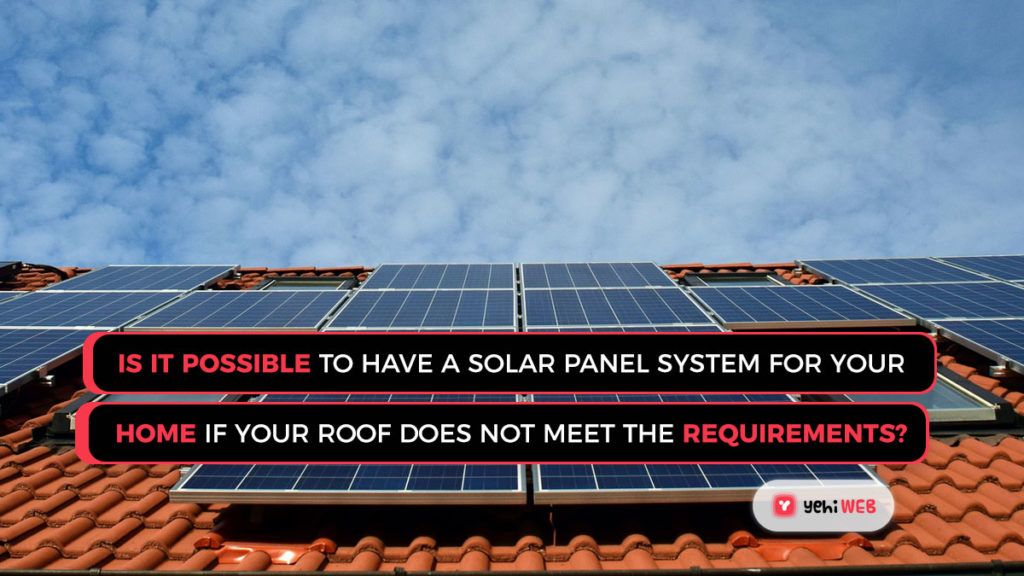
One of the most exciting aspects of the residential solar industry is the list of options for homeowners who choose to go solar but do not have a decent roof. Ground-mounted solar panels and neighborhood solar gardens are two common ways to harness the sun’s energy without having to add it to your house. Connecting with members of a cooperative or your neighborhood to share a solar panel is called community solar. At the same time, ground-mounted arrays are a simple way to own and build your system without dealing with roofing issues.
7. What are the residential home solar system tax credits? Who is eligible?
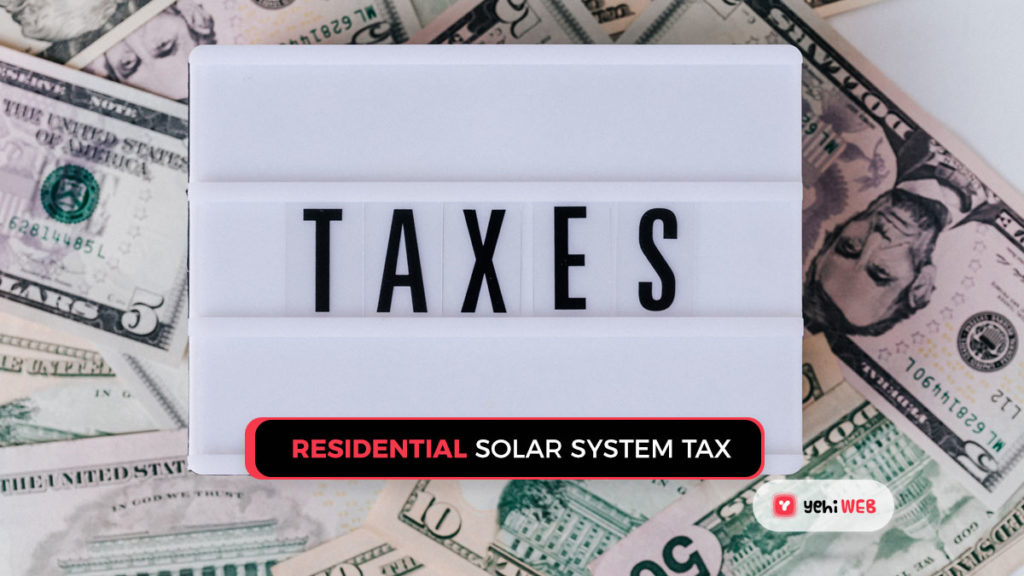
Small-scale renewable energy systems (solar, wind, or hydro) or eligible hot water systems installed by households and small businesses across America may be eligible for a discount under the Small-scale Renewable Energy Scheme (SRES) with the procurement cost.
Small-scale Technology Certificates (STCs) with a value can be generated by installing an eligible device and redeemed by selling or assigning them. The number of STCs created is determined by the following factors:
The environment area where the device is located benefits from the amount of green energy it generates or the amount of electricity it consumes.
8. Is solar worth it if I do not intend on staying in my home for the next 25 years?
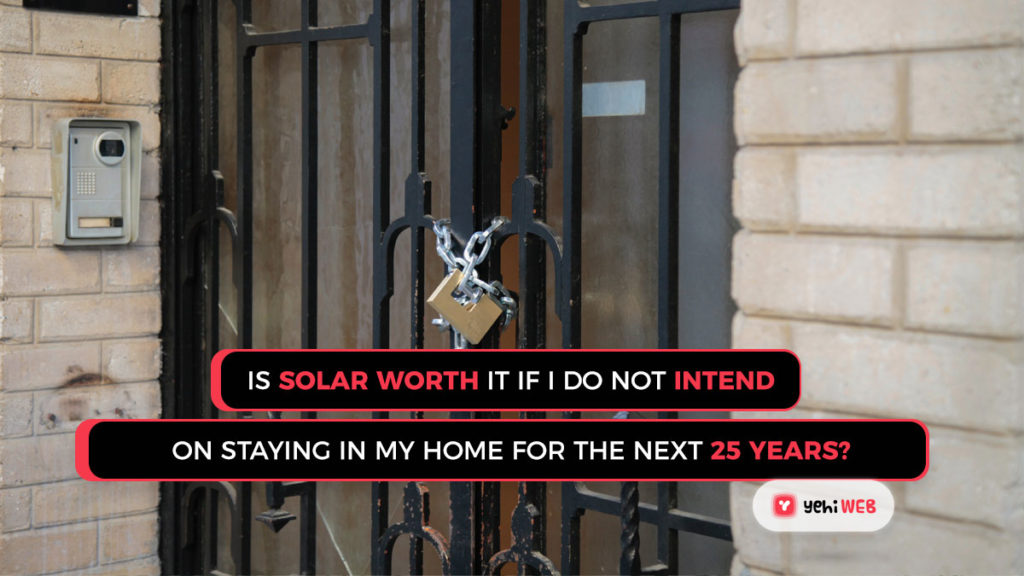
“What happens if I move after installing solar panels?” is a common worry for homeowners contemplating solar. A solar panel system usually lasts 25 to 30 years. You may wonder if solar still makes sense if you do not intend on buying their home for that long. The positive news is that solar raises your property’s value and will also speed up the process of selling it when the time comes. The idea of owning a solar home with zero energy costs has piqued the interest of many homeowners in the housing market.
9. Can you power a portion of your house with solar energy?
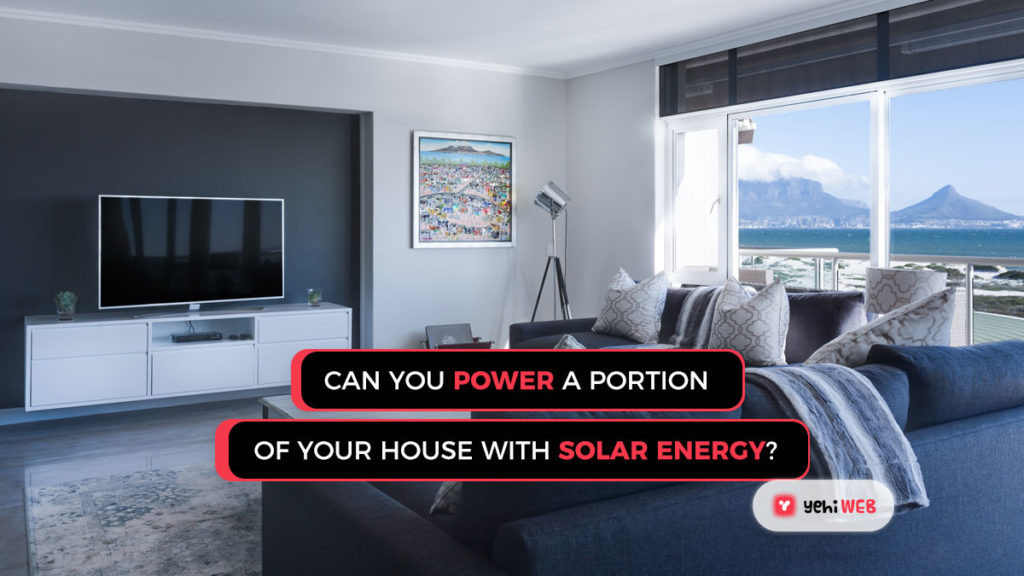
In a perfect scenario, the answer to this question will be a resounding yes. While a solar panel device will potentially cover all of your energy consumption, it is unrealistic to assume that amount of panel output any day of the week. The fundamental explanation for this is that solar panels cannot always work at optimum strength. On certain days, you would need a grid link to cover your power consumption completely.
10. When will the solar panel in your home hit its “break-even point”?
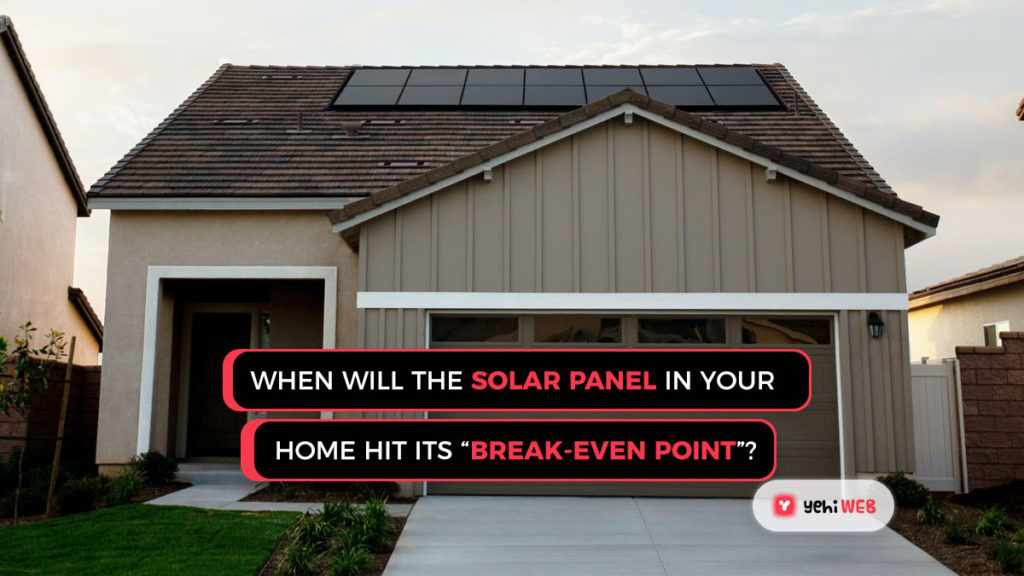
Many homeowners are eager to calculate their solar panel payback period, which is the length of time it would take for the cost of solar panel installation to be covered by the savings on their energy bill. The estimated breakeven point varies by region, but on average, homeowners in the United States break even on their system expense after eight years.
Figures like these show that the residential segment of the solar industry is likely to be the hottest. Despite the initial expense, the return on investment (ROI) is high, and the payback period can be shallow when solar panels are installed for home use.

